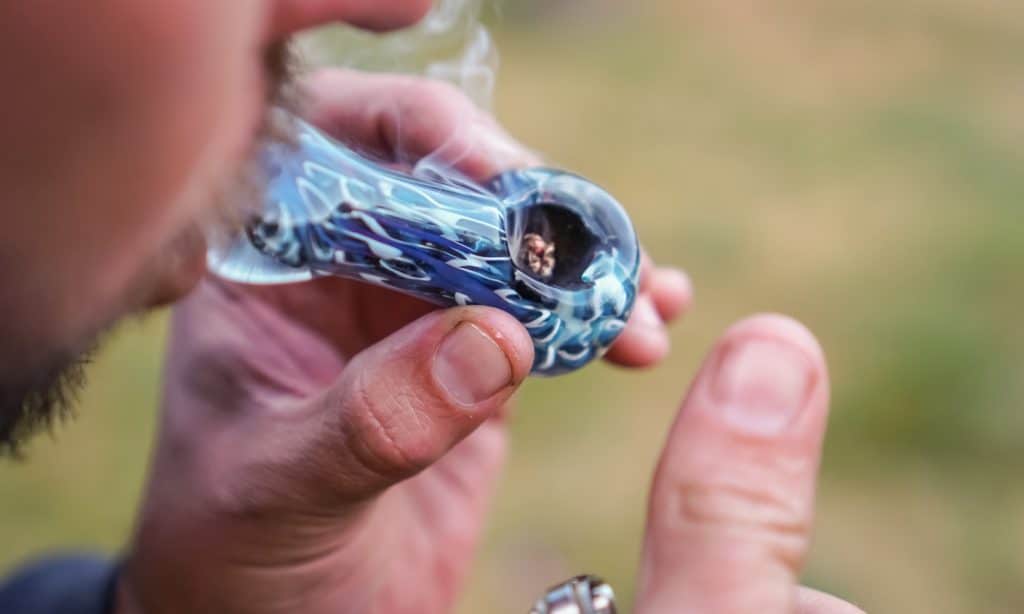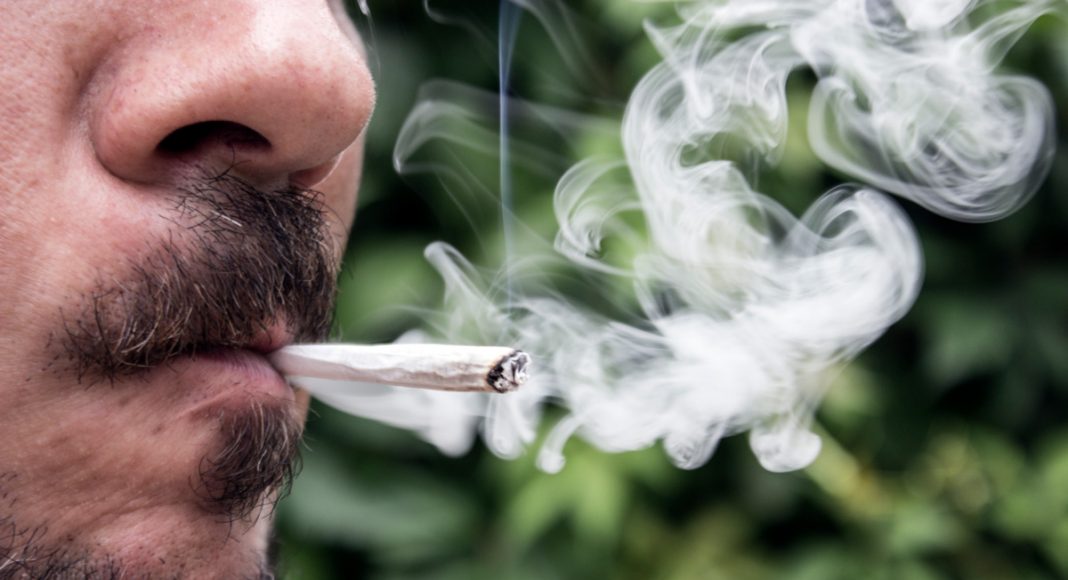The most widely used drug globally continues to be cannabis, with an estimated 188 million people having used the drug in 2017.
Even if you aren’t a cannabis consumer, it’s worth knowing what a widely-used substance it actually is. And it’s probably a lot more popular than you thought.
According to the United Nations World Drug Report, “The most widely used drug globally continues to be cannabis, with an estimated 188 million people having used the drug in 2017.” If the U.N. Report is as accurate as it claims to be, then cannabis is categorized as the most widely-used drug in the world. Despite cannabis being medically legal in many U.S., information has been released regarding increased rates of cannabis dependency and addiction.
Is cannabis addiction possible, and if so, how many people are affected by it?
About Cannabis Dependency & Addiction
If cannabis dependency and addiction are possible, what are the chances of one experiencing this? As mentioned in a Denver Post article, within the medical and public health communities, cannabis addiction is categorized as a disorder that consists of different physical withdrawal symptoms, cravings, and even psychological dependence. It’s possible to become addicted to cannabis without even realizing it. However, the chances aren’t as high as one may think.
RELATED: Study: You’re More Likely To Use Marijuana If Your Parents Did
According to The Denver Post, it has been estimated that around 9% of all cannabis users become addicted. Of that number, 17% of the individuals begin consuming cannabis during adolescence.
And cananabis addiction is on the rise.
Some believe that’s because of all of the new products on the market, especially ones with high THC levels. Several decades ago, cannabis wasn’t nearly as potent as it is now. However, is this to say that these high THC cannabis products result in a higher addiction rate? No, not necessarily.
Progression of Cannabis Products & Their Role in Cannabis Dependency and Addiction
In addition, since more states have medically and recreationally legalized cannabis, different breeders have taken an interest in breeding high THC strains. In recent years, selective cannabis breeding has led to certain strains containing 20% THC, and other strains exceed 30% THC. Whereas, cannabis extracts and concentrates contain even higher THC levels.

According to marijuana industry promotional information and drug enforcement administration reports, cannabis concentrates and extracts contain levels of THC with a range of 40% to more than 80%. However, this doesn’t mean that these highly concentrated cannabis products result in a higher addiction rate. But rather, these products allow users to consume less to gain the relief they desire. Thus far, no scientific studies have been released that show that stronger cannabis products increase the likelihood/rate of addiction.
Prevalence of Cannabis Dependency & Addiction
Although an estimated 9% of cannabis users become addicted, the number of users who become dependent varies. Some studies have reported that higher proportions of cannabis users end up developing a dependence to the drug for various reasons. Generally, cannabis dependency develops more slowly, which is why so many users don’t notice any signs/symptoms related to addiction. It’s possible for dependency symptoms to affect an individual’s life months or years after first beginning to use cannabis.
If and when a dependency problem occurs, individuals often endure withdrawal symptoms once they stop consuming cannabis. Different Northern California clinics have noticed an increase in demand for individuals who are looking for help with this, especially those of adolescent age. The following was stated by David Smith, a physician who specializes in treating addiction in San Francisco, California, “There should be no controversy about the existence of marijuana addiction. We see it every day. The controversy should be why it appears to be affecting more people.”
RELATED: How Cannabis Could Be Used To Curb Cannabis Addiction
Even though numerous people consume cannabis multiple times a day and some consume products with high THC levels, this doesn’t mean that everyone will become dependent and/or addicted to cannabis. Of course, cannabis dependency and addiction are possible. However, currently, it affects a small percentage of users (less than 10%), and some of these users may potentially possess a predisposition to addiction. Thus far, there has been no reports of anyone dying from cannabis withdrawal symptoms nor from a cannabis overdose.


